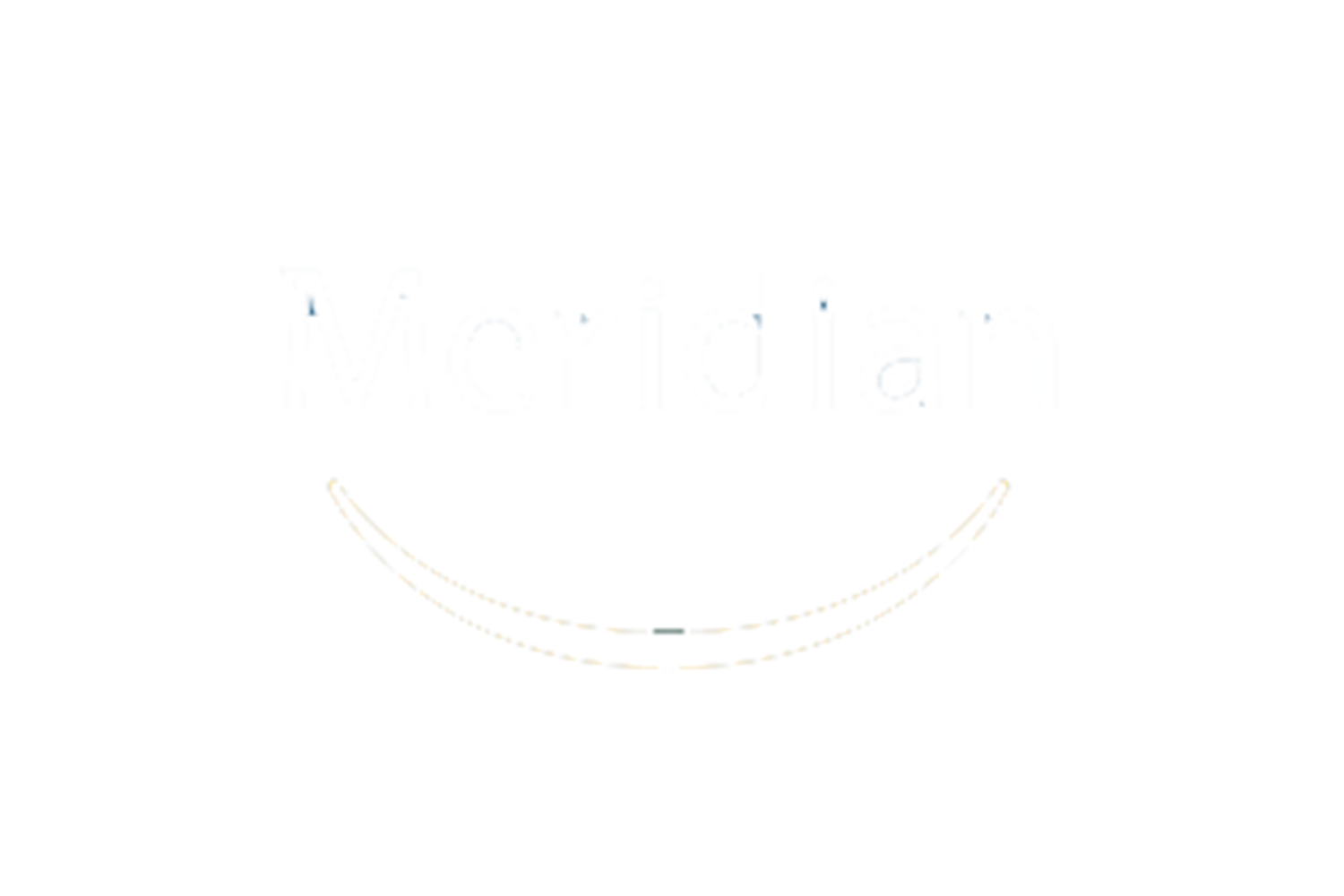

When I shared my recent professional setback on the MEC board, readers responded with plentiful, generous encouragement. You told me about your own career disappointments and commended my authenticity. I’m so grateful for your support now and in the wake of future bumps that will surely arise.
Perhaps readers responded enthusiastically because leaders have become so guarded. INSEAD professor Herminia Ibarra refers to what she calls the authenticity paradox, warning that authenticity can hinder growth and limit professional impact. “Because going against our natural inclinations can make us feel like impostors, we tend to latch on to authenticity as an excuse for sticking with what’s comfortable.” In turn, management literature advises leaders on how to appear authentic without actually being so.
We have all worked in environments in which those following this advice dominate. For some, managing internal politics feels like a full-time job. In one of my career stops, I wondered how successful the company might be if executives cared more about the work and less about positioning themselves for promotion.
To be clear, I’m all for being strategic and having a plan. I encourage having a compelling board career narrative and using it to create new opportunities. Being transparent about our challenges, however, can also be a powerful tool as we build board careers.
Authenticity facilitates productive relationships
In 1955, Joseph Luft and Harry Ingham developed the Johari Window communication model. In it, the psychologists asserted that we can build trust with others by disclosing information about ourselves. In short, the more people know about each other, the more cooperative and productive they’ll be when working together.
In a board setting, authenticity can warm directors’ relationships with the CEO. When I question management about a sensitive topic, I find it helpful to reveal the theory and history that drive my inquiry. A bluntly-phrased question creates distance, but the backstory softens the discussion and helps management anticipate questions in the future.
In addition, admitting when we don’t know something creates an opportunity for a colleague to demonstrate her capability. Once two colleagues have shared knowledge or advice, the space between them tends to narrow. It’s hard to feel indifferent or distant once we have invested time in a peer’s development.
Authenticity accelerates learning
According to Stanford psychologist Carol Dweck, concern about how we will appear to others inhibits learning on new or unfamiliar tasks. Accordingly, we find it easier to learn when we admit our shortcomings upfront. Doing so frees up energy previously dedicated to managing others’ perceptions. And the moments that challenge our sense of self can be the ones that teach us the most about leading effectively.
Authenticity is available to everyone
As we progress in our careers, we become increasingly “baked” in our capabilities and tendencies. I can’t get smarter any more than I can grow taller or learn a second language overnight.
In contrast, revealing more of ourselves is immediately possible. LBS professor emeritus Rob Goffee notes that “authenticity is largely defined by what other people see in you and, as such, can to a great extent be controlled by you.”
For those who find it all too touchy-feely, business author Seth Godin grounds us with the assurance that authenticity arises from consistently doing what you promise. “Mother Theresa was filled with self doubt. But she was an authentic saint, because she always acted like one.” Fortunately for us, we needn’t be saints to enjoy the benefits of authenticity.
Thank you for reading! If you found this post useful, please share it with others in your network. Doing so helps my work reach others and would mean so much to me.








